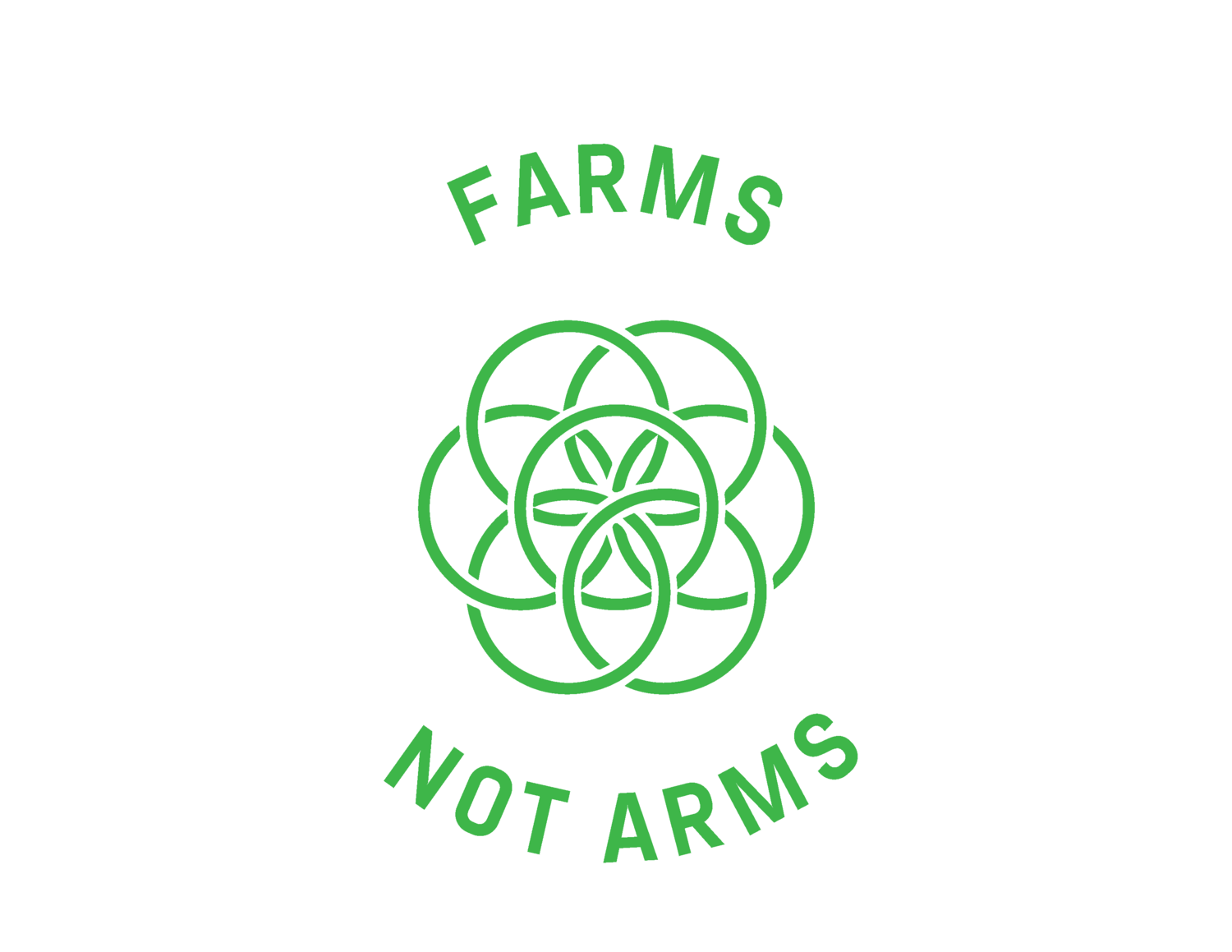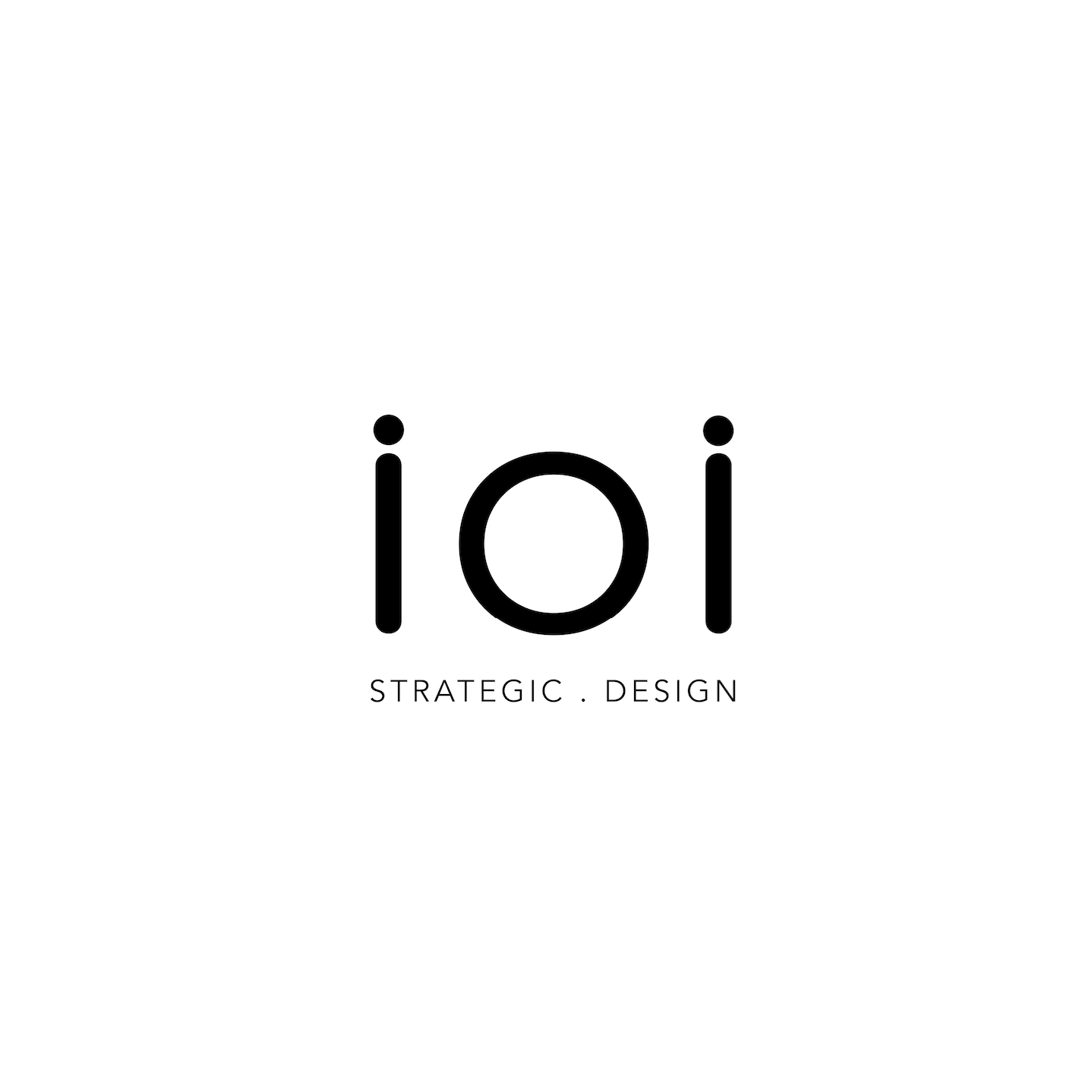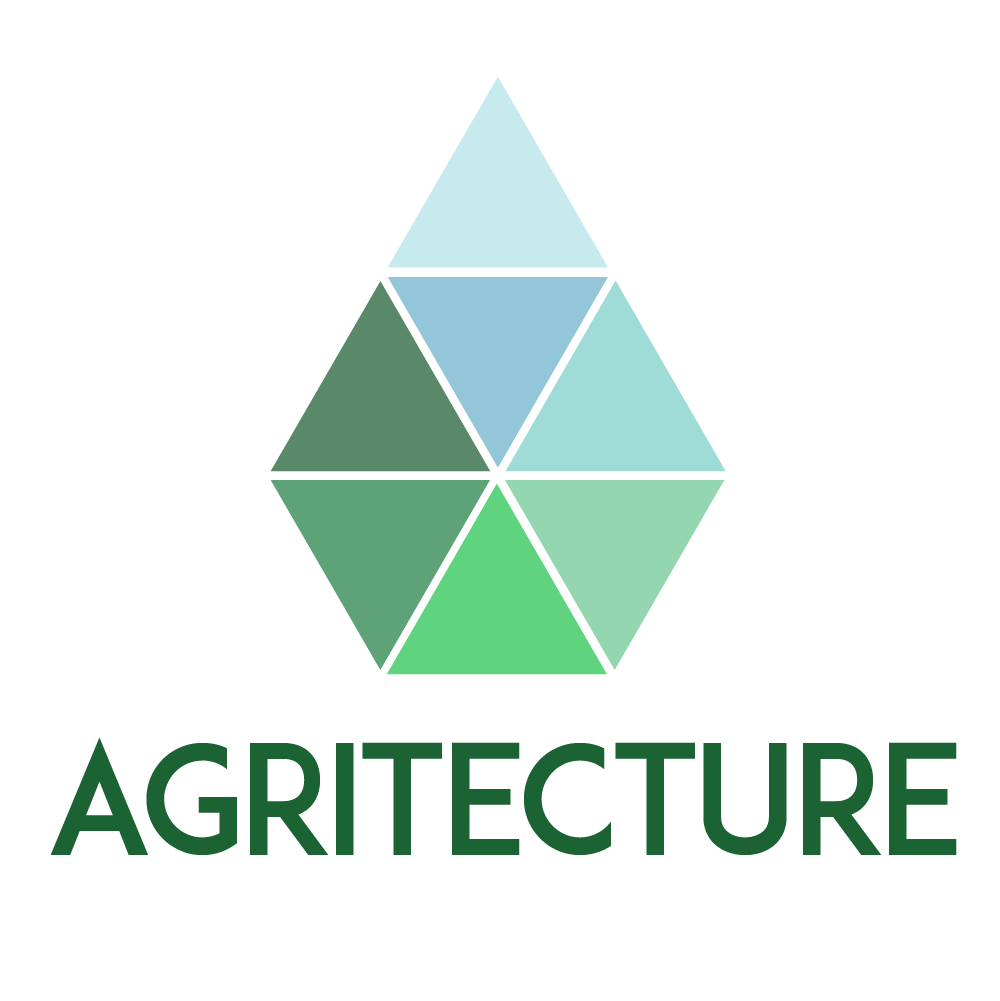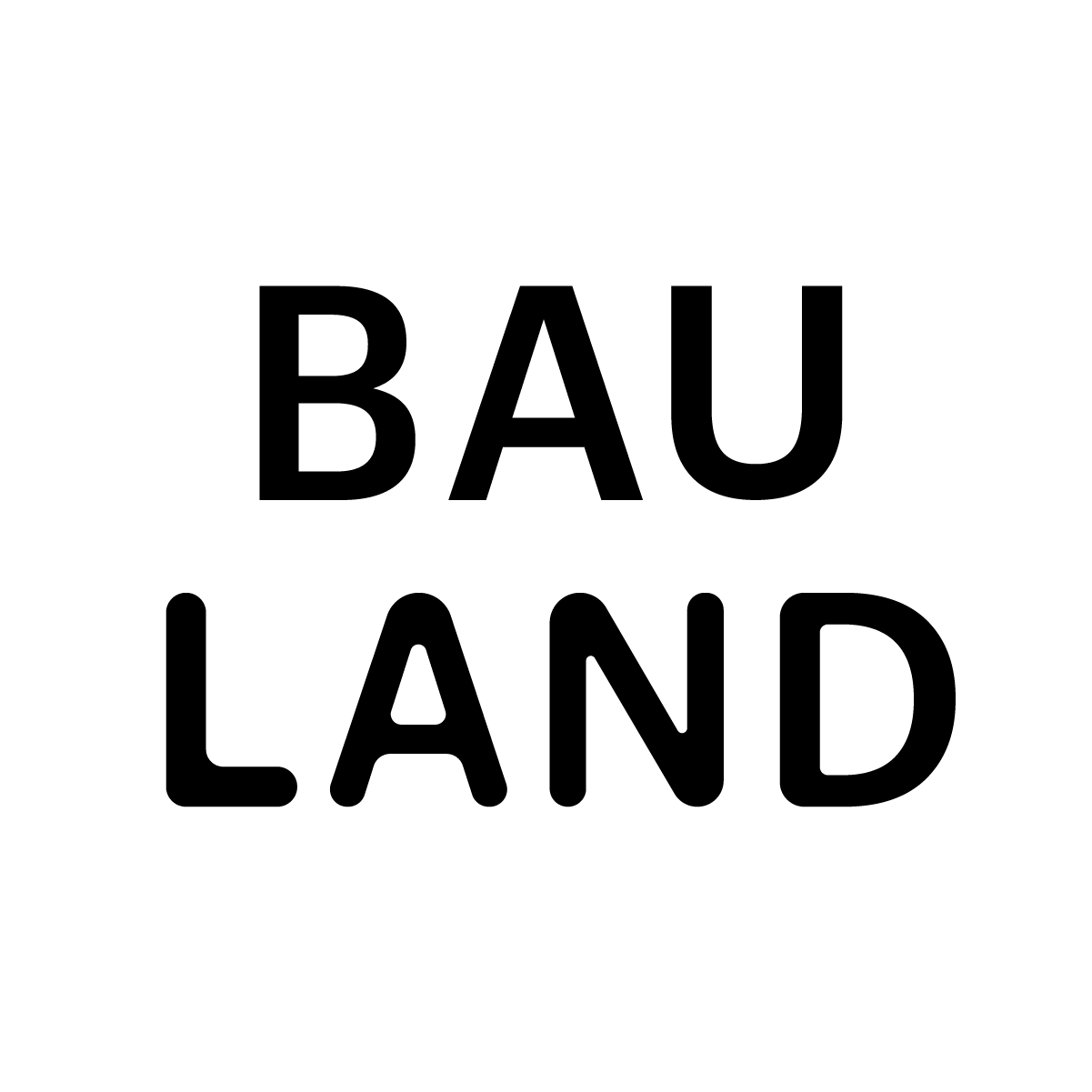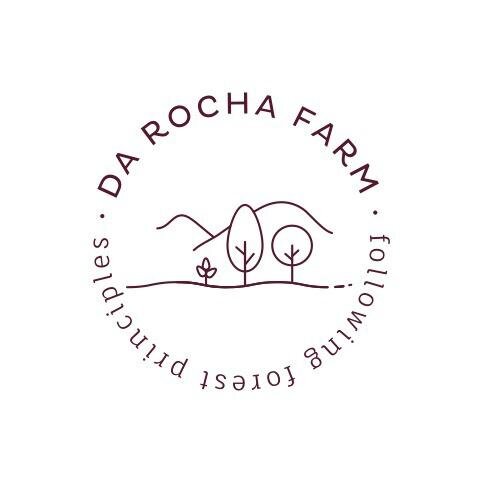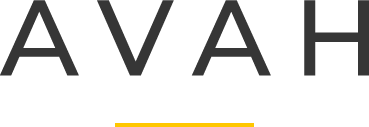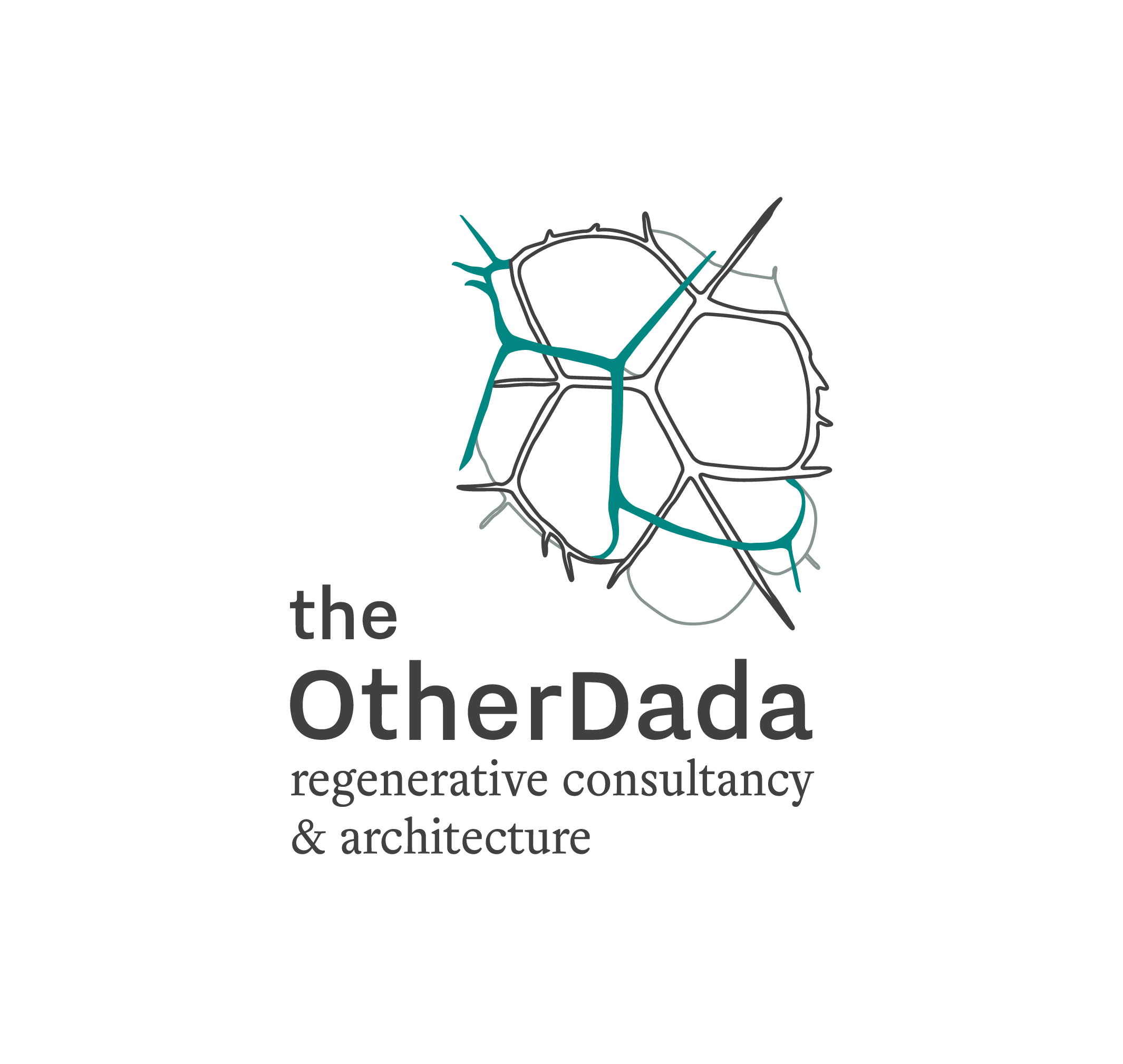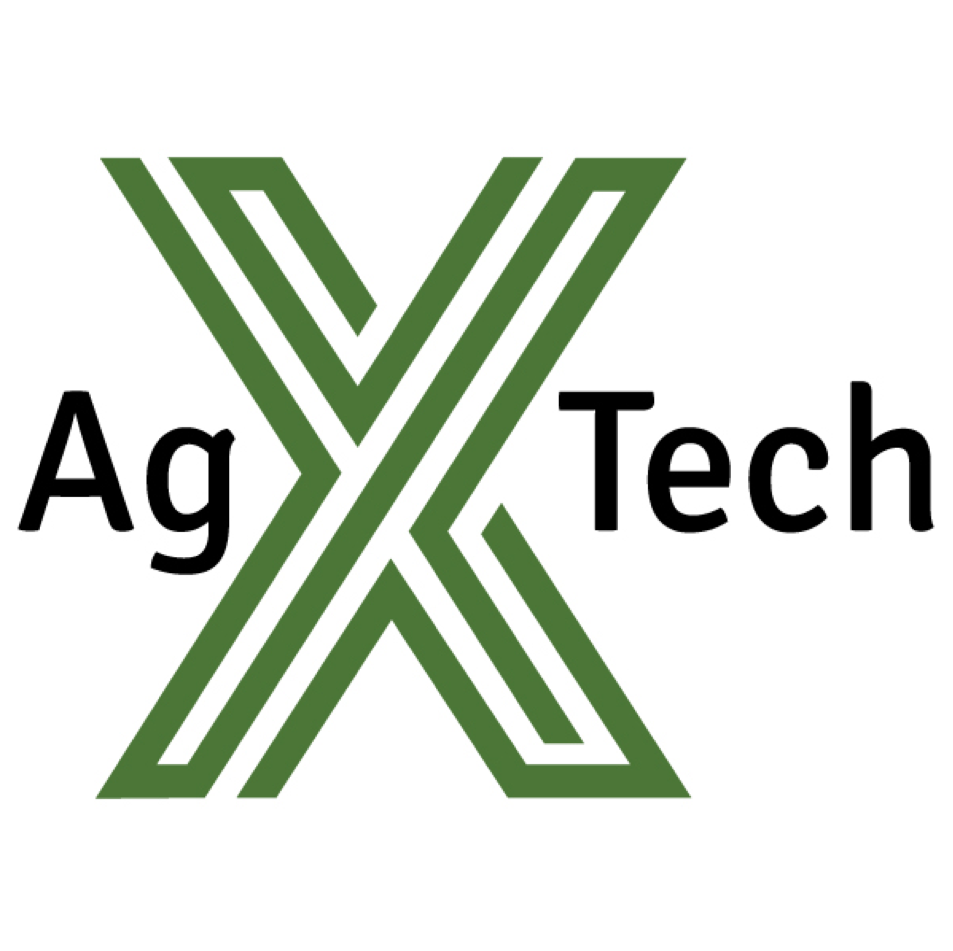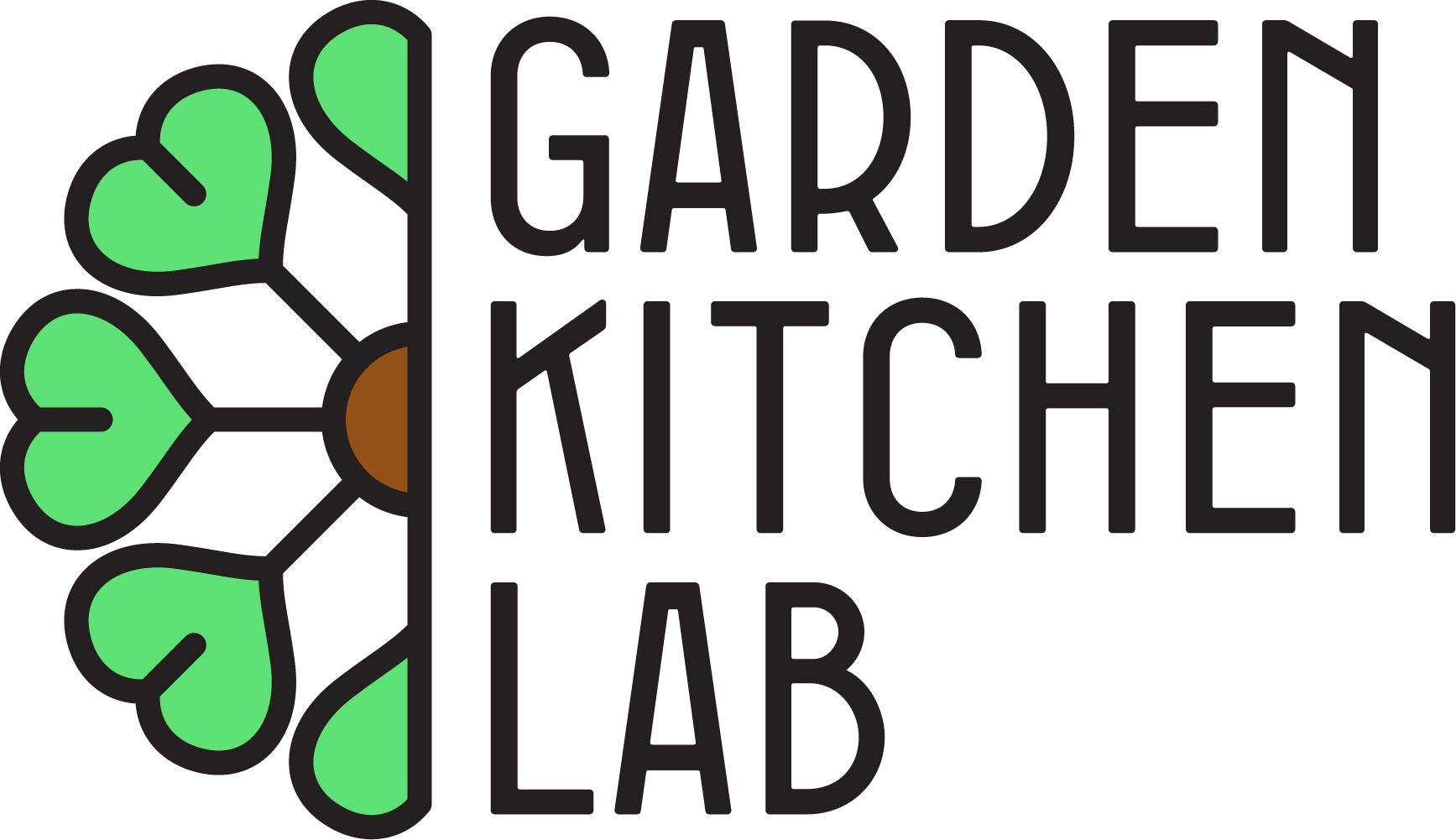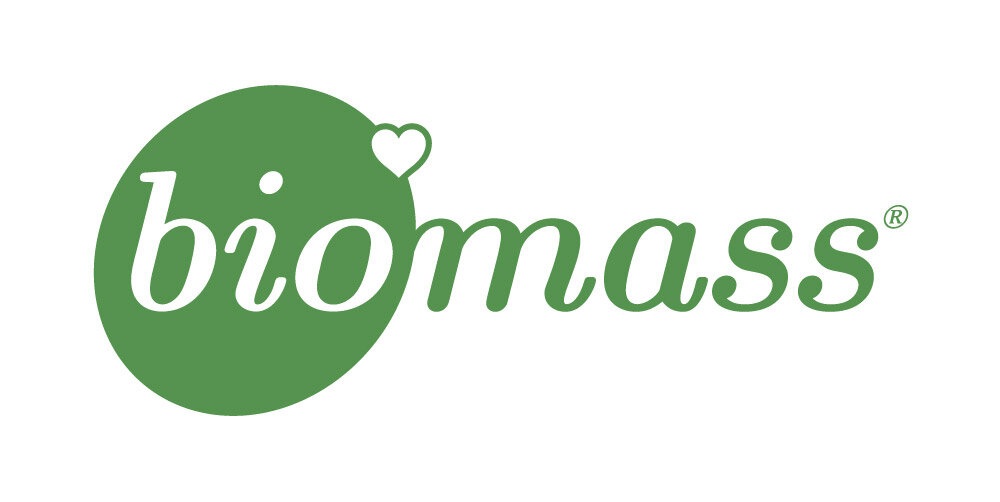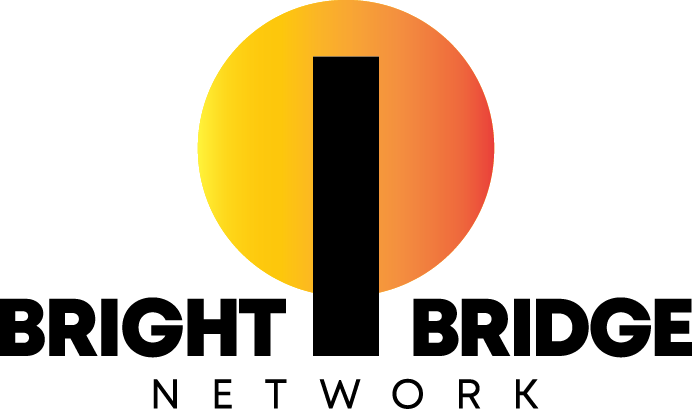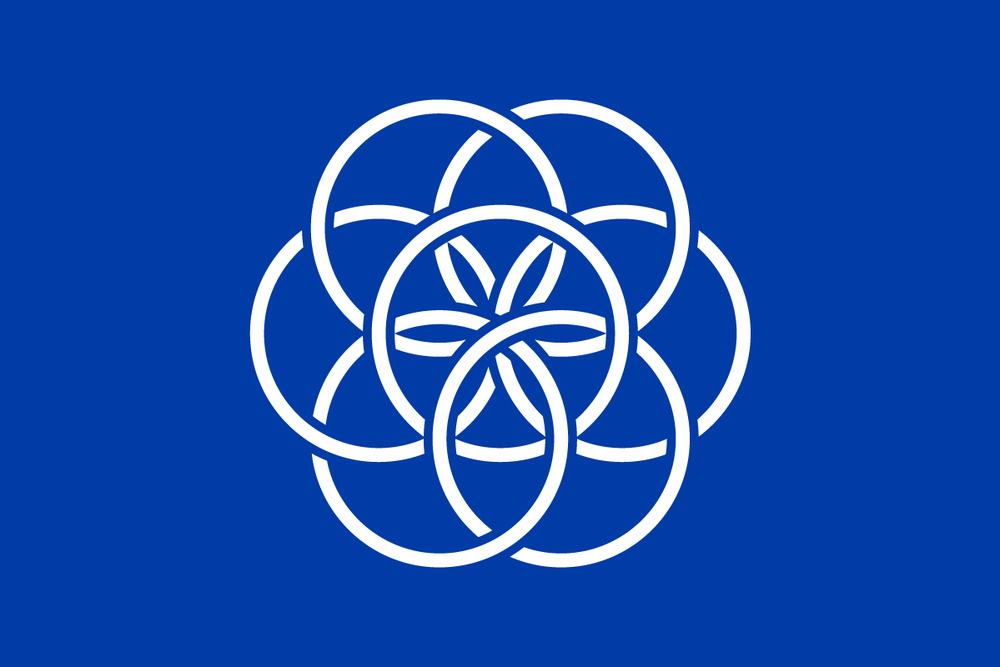We believe all humans deserve access to healthy food.
We realize we’re at a crucial time to heal the planet.
We know the best projects emerge when diverse people come together.
This is why we started
Farms Not Arms.
Throughout a process of design and systems thinking, we developed an integrated farm model that can produce 3 times more food in any given space while combatting climate change.
Our design process culminated in the establishment of our pilot, Turba Farm, in Zahle, Lebanon that was launched in 2021 and ran for 3 years.
Read more about our first year of operations and how we brought our vision to reality.
ABOUT US
We are a collective of designers, farmers, strategists, and agriculturalists who have come together under the mission of Farms Not Arms to build an integrated, multi-agricultural educational farm model that heals our lands, our health, and our communities.
We adopt the earth flag as our symbol, one of planetary unity that transcends borders, to represent the interconnectedness of us all and the importance of taking care of each other especially in the face of rising migration and changing climates. We turn the earth flag green to remind people that the root of our interconnectedness stems from the earth and that restoring our planet and restoring humanity starts by building Farms Not Arms.
OUR PHILOSOPHY
Food brings people together. Food is a highly transformational power. We designed a holistic solution that places food at the center and interconnects our 3 main goals to create security, opportunity, and solidarity:
Nutrition: cultivating healthy, nutrient dense food in communities facing different kinds of food insecurity
Regeneration: restoring soil health to increase nutrition and sequester carbon in the ground as one of the most viable solutions for climate change
Social Cohesion: healing social tensions that stem from scarce resources through agriculture
The first pilot project is set in the Bekaa region of Lebanon, the nation with the highest percentage of refugees in the world. It brings refugees and local host communities together to cultivate nutritious food, learn regenerative agricultural techniques, and foster social peace.
We are bridging divides in our project — between refugees and host communities and between ancestral wisdom and technological innovation — to build an optimal agricultural model that targets food insecurity, climate change, and social cohesion.
Our model is easily scalable and our goal is to tailor it to different localities using a mix of human-centric design and local, community-driven knowledge. Our design is open sourced so anyone around the world can adapt it to their local situation.
Our Design Process
We employ a mix of user-centered design thinking, systems thinking, and multi-sector teams
Our farm design has been co-created on different levels starting with the communities of refugees in the Bekaa, local stakeholders from the host communities, diverse experts in NYC, coupled with extensive systemic research into the root causes of refugee, food, economic, and political problems in Lebanon to ensure that our solution is rooted in contextual knowledge.
Our Farm Model
We combine regenerative agriculture with adapted hydroponics and came up with a farm model that produces three times more food than the average farm. Besides increasing productivity and yield, our farm is a school with an experiential education program around regenerative and tech-enabled agriculture. Our goal is to equip participants with these diverse agricultural skillsets in order to replicate our farm’s productivity and scale our efforts.
Our Impact
Our farm model is a holistic social impact project that improves 16 of the 17 SDGs. We did not focus our design efforts on fulfilling the SDGs, but after reviewing our finalized model, we could see how our holistic, the diverse and interconnected solution impacted all of them. This reaffirmed the effectiveness of our user-centered + systems design approach in building impactful solutions.
In just the first year of Turba’s operations alone, we had already targeted 13 out of the 17 SDGs. In the subsequent year, we also targeted education and clean sanitation, leaving out SDG 14: “Life Below Water” as the only one that we do not target.
Awards
Semi-Finalist
2050 Food System design competition by Open IDEO and The Rockefeller Foundation
